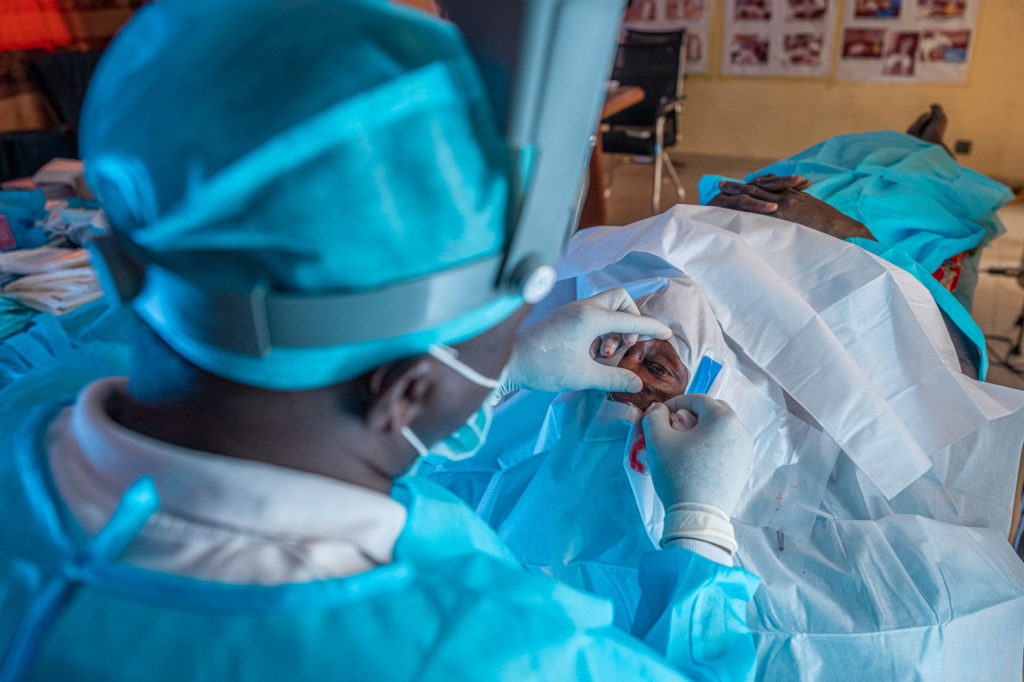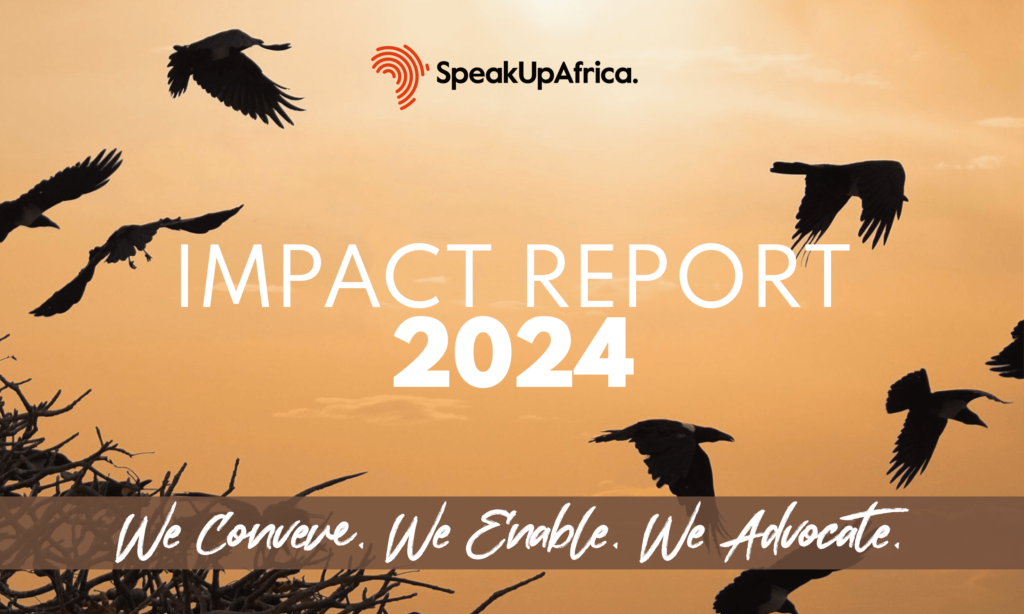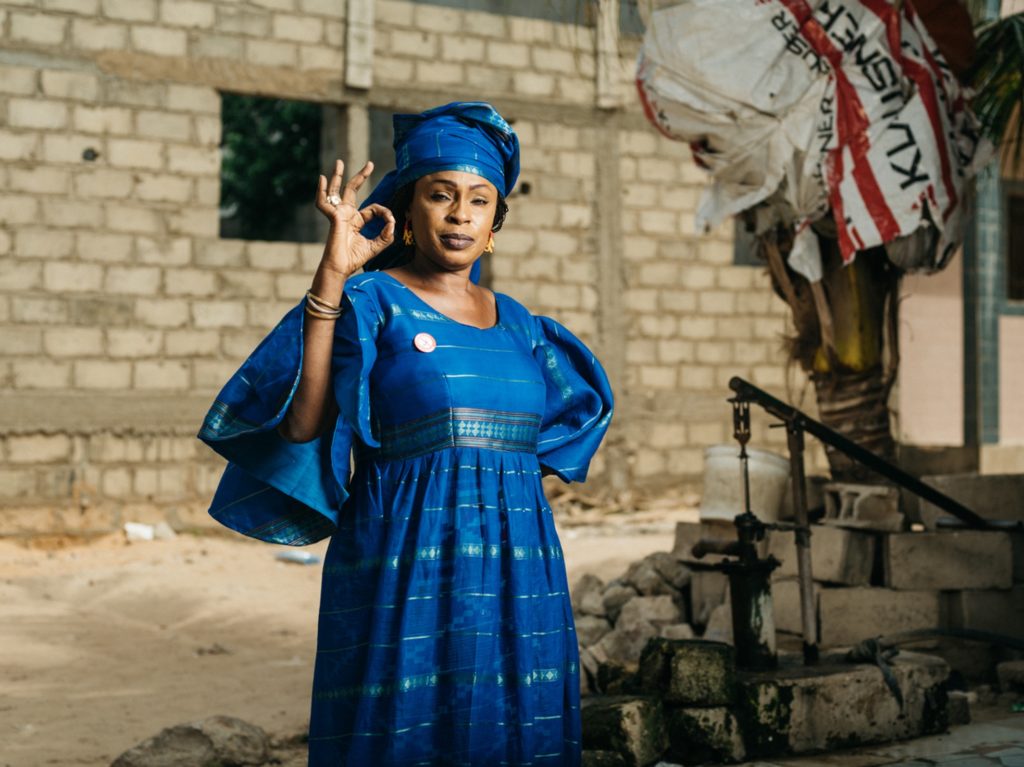International Experts Convene in Dakar to Present Latest Innovations in the Fight Against Malaria

7th MIM Pan African Malaria Conference focuses on the latest research and combatting remaining obstacles in the effort to end malaria for good
DAKAR, SENEGAL (April 15, 2018) – Thousands of researchers, experts and government officials from more than 70 countries gathered today for the launch of the 7th Multilateral Initiative on Malaria (MIM) Pan African Malaria Conference, April 15-20, the largest scientific conference focusing on the global fight to eliminate malaria.
The conference, “Dakar II: Two Decades of Progress, Challenges and Perspectives in Ending Malaria,” will focus on new research in malaria surveillance, diagnostics, drugs, vector control, vaccines and health systems, and will discuss how these tools can be used to accelerate the fight against malaria, both globally and within sub-Saharan Africa. In addition, panel discussions, workshops and keynote speeches will discuss the tremendous progress made over the past two decades, as well as addressing the challenges to achieving complete elimination.
Among the speakers will be Nobel Prize winner Prof. Harold Varmus; Dr. Matshidiso Moeti, Regional Director of the World Health Organization (WHO) Regional Office for Africa; Dr. Pedro Alonso, Head of the WHO Global Malaria Programme; Dr. Kesete Admasu, CEO of the RBM Partnership and the former Minister of Health of Ethiopia; and H.E. Amira El Fadil, African Union Commissioner for Social Affairs.
At the conference’s opening ceremony today, Senegalese President Macky Sall accepted the African Leaders Malaria Alliance (ALMA) Award for Excellence for his outstanding leadership in reducing malaria cases in Senegal by more than 20 percent between 2015 and 2016. Exemplifying what’s needed to stay committed on the path to a malaria-free Africa, President Sall focused on the urgent need to develop new tools and redouble efforts to advance the fight against this preventable disease.
« This reaffirmed commitment to building a malaria-free world underlines our common ambition to save lives and leverage human capital in order to strengthen our economies and ensure the well-being of our people, especially the most vulnerable. To reinforce our current gains and amplify results, the Government of Senegal progressively raised the budget allocated to health while creating a specific budget line to the malaria fight. » said President Sall.
A wide array of innovative new tools and solutions will be presented at the conference, including the first-ever malaria vaccine, RTS,S, which will be rolled out later this year in parts of Ghana, Kenya and Malawi. Other topics to be discussed include the launch of an online database to address insecticide resistance, the impact of intermittent preventive therapy of malaria in pregnancy, preventing the disease through seasonal malaria chemoprevention, eliminating mosquitos through genetic engineering and addressing malaria transmitted through blood transfusions.
“Defeating malaria will require a coordinated, multipronged approach that brings together the resources, knowledge and expertise of individuals and institutions from a range of sectors,” said Dr. Kesete Admasu, CEO of the RBM Partnership to End Malaria. “The expertise and focus represented at this conference are critical for accelerating progress against a stalled agenda.”
The advances over the past 20 years have put the world on a path to ending malaria for good. While this progress is commendable, the 2017 World Malaria Report demonstrates that it has stalled and is fragile and uneven. In 2016, there were an estimated 216 million cases of malaria, about 5 million more than in 2015, and 90 percent of these cases occurred in sub-Saharan Africa. Of the 445,000 people who died of the disease, about two-thirds were children under the age of 5. Yet, the number of countries reporting fewer than 10,000 cases was at its highest in 2016, showing that with determination, prioritization and the right tools, elimination is possible.
“The development of new, innovative tools to fight malaria is absolutely essential,” said Prof. Omar Gaye, Chair of the MIM organizing committee and Head of the Department of Parasitology of the Faculty of Medicine of Cheikh Anta Diop University, which is hosting the conference. “With insecticide and drug resistance becoming an increasingly urgent threat, we must act quickly to regain the momentum we have achieved over the past 15 years and accelerate progress toward ending the disease. That means greater emphasis on prevention strategies, improved research and clinical study approaches, and increased funding.”
The conference is being held a week ahead of World Malaria Day, which takes place on April 25 each year. It is also running parallel to the London Malaria Summit, which takes place alongside the Commonwealth Heads of Government Meeting (CHOGM) in London on April 18. This meeting will bring together high-level stakeholders, including business leaders, philanthropists, scientists, heads of state and members of civil society to announce significant new commitments to mobilize domestic resources, increase investment, and develop new innovations and approaches toward beating malaria.
About the Multilateral Initiative on Malaria (MIM):
The Multilateral Initiative on Malaria (MIM) was established in 1997 with the mission to strengthen and sustain, through collaborative research and training, the capacity of malaria-endemic countries in Africa to carry out the research that is required to develop and improve tools for malaria control and to strengthen the research-control interface. Every four years, the MIM organizes a Pan African Malaria Conference to celebrate progress made by researchers and control program managers. The MIM Secretariat is based at the University of Yaoundé I in Cameroon, with Prof. Rose Leke as co-chair, Prof. Wilfred Mbacham as executive director, and Dr. Abanda Ngu Njei as manager. For this 7th MIM conference, the Local Organizing Committee is chaired by Prof. Omar Gaye and co-organized by Speak Up Africa.


